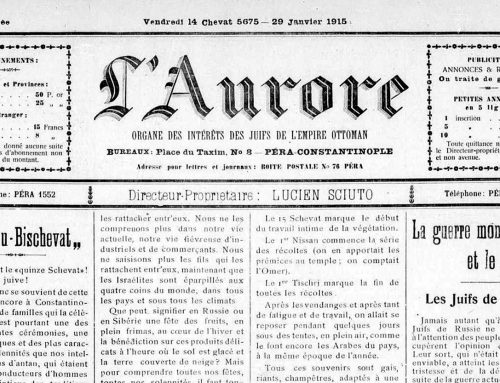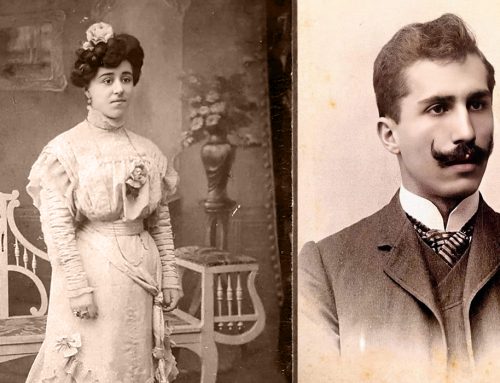Professor Jonathan Israel of the Institute for Advanced Study explores Spinoza’s role as a revolutionary thinker and precursor to the modern human rights movement in the 2017 Stroum Lectures in Jewish Studies, which were held on May 21 and 23 in conjunction with the Spinoza and Modern Jewish Philosophy Conference.
Since his expulsion from the synagogue in 1656, Spinoza has been a notorious figure within the Jewish world and in the Western world as a whole. He is seen as the very embodiment of irreligion, rejection of religious authority, and of skepticism about the Hebrew Bible as divine revelation. As several key passages of his writings make clear, though, his principal aim was not to spread irreligious attitudes, but rather to promote “freedom” and fight political tyranny, especially tyranny in the form of great monarchical empires that operated in close alliance with religious authority, like those of Philip II of Spain and Louis XIV of France.
In What Sense Was Spinoza a Revolutionary Thinker?
In the first lecture, Jonathan Israel outlines Spinoza’s key writings in favor of democracy and democratic republicanism–and against restrictive religious and state institutions–and explains how these writings were received by Spinoza’s contemporaries.
The Radical Enlightenment & Jewish Emancipation
In the second lecture, Prof. Israel surveys some of the thinkers that took up Spinoza’s ideas and formed the “Radical Enlightenment” movement that pushed for universal rights and dignity for Jews and other marginalized groups.
Jonathan Israel’s recent work focuses on the impact of radical thought (especially Spinoza, Bayle, Diderot, and the eighteenth-century French materialists) on the Enlightenment and on the emergence of modern ideas of democracy, equality, toleration, freedom of the press, and individual freedom. His books include European Jewry in the Age of Mercantilism, 1550–1750 (1985); The Dutch Republic: Its Rise, Greatness, and Fall, 1477–1806 (1995); Radical Enlightenment: Philosophy and the Making of Modernity, 1650–1750 (2001); Enlightenment Contested: Philosophy, Modernity, and the Emancipation of Man 1670–1752 (2006); and A Revolution of the Mind: Radical Enlightenment and the Intellectual Origins of Modern Democracy (2009).
Prof. Israel received his Ph.D. from the University of Oxford in 1972. Prior to the IAS, he taught at the University of Newcastle Upon Tyne, the University of Hull, and University College London. He has been awarded numerous prizes, including the PROSE Award 2015; City of Amsterdam, Frans Banninck Cocq Medal 2012; London Royal Society for the Encouragement of Arts, Manufactures and Commerce, Benjamin Franklin Medal 2010; Royal Netherlands Academy of Arts and Sciences, Dr. A. H. Heineken Prize in History 2008; Knight of the Order of the Dutch Lion 2004; American Historical Association, Leo Gershoy Award 2001; Wolfson Literary Award for History 1986. He is a member of the British Academy and the Royal Netherlands Academy of Arts and Sciences.
Related Links:
- Spinoza & Modern Jewish Philosophy Essay Series – Read short essays by scholars that explore the philosophy and legacy of Spinoza and other Radical Enlightenment thinkers
- Stroum Lecture Digital Archive – Watch lectures from previous years by scholars such as Ruth Behar, Jonathan Sarna, and Yael Zerubavel
- Stroum Lectures at the University of Washington Press – Browse the titles that emerged from previous years’ Stroum Lectures, including Yosef Haim Yerushalmi’s Zakhor: Jewish History and Jewish Memory and Ilana Pardes’ Agnon’s Moonstruck Lovers: The Song of Songs in Israel Culture.






![Inaugural “Muestros Artistas” [Our Artists] Sephardic Arts Symposium](https://jewishstudies.washington.edu/wp-content/uploads/2023/07/UWJS_Artists-019-500x383.jpg)
Leave A Comment